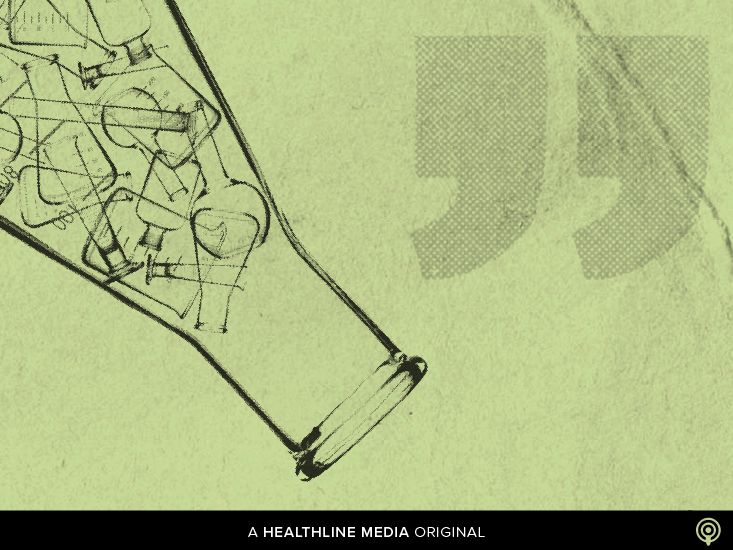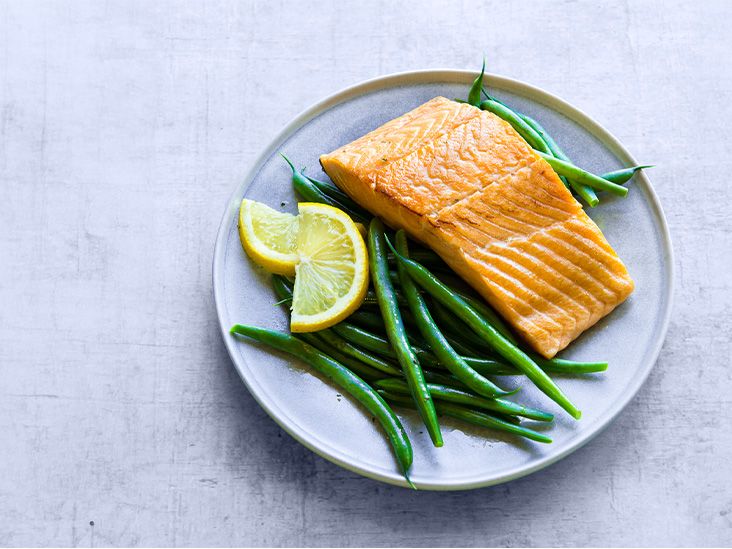Nutrition stories swept the board this year.
 2023 in medicine: Sweeteners, cancer, and male birth control | With only a little of 2023 remaining, let's revisit some of the stories that resonated with Sunday Supplement readers over the past year. There has been no shortage of fascinating health research and concerning warnings for consumers.
Our runaway hit focused on the cardiovascular benefits of key food groups. By analyzing a diverse range of diets across the globe, researchers confirmed fruits, vegetables, nuts, beans, fish, and even full fat dairy are associated with lower heart disease and mortality rates. The findings proved robust even for lower income nations.
Speaking of diet, our In Conversation podcast explored whether nutrition could succeed where other depression treatments fail. Emerging data suggests Mediterranean foods, gut-friendly fiber, probiotics, and omega-3s may relieve symptoms. Our experts discussed how healthy cuisine supports neurotransmitters and how gut-brain connections may influence mood.
Artificial sweeteners raised alarms this year when researchers linked sucralose to DNA damage in lab tests. While confirming that these cancer risks apply to humans will take time, the discovery underscores why natural options like stevia or monk fruit are likely safer choices.
Vitamin D was a frequent topic this year, but news that current dosage recommendations frequently miss heart health thresholds stood out. Results expected by mid-2024 will reveal whether tailored dosage prevents recurrence of cardiovascular disease.
Finally, we reported that researchers succeeded in crafting a nutritionally complete menu with only processed food ingredients. Some shortfalls, such as lower vitamin levels, persisted even in this menu, but defining what constitutes "ultra-processed" for public health purposes remains unclear.
Let's hope 2024 brings fresh understanding of what's good for our health along with even more fascinating science. Here's to healthy, happy times ahead.
We'll return with our regular daily newsletter tomorrow. We love to hear from you, so please get in touch by email if you have any feedback, comments, or questions about this week's Sunday Supplement.
Happy New Year!
Tim Snaith
Newsletter Editor, Medical News Today
| | | | | | | What is a fasting-mimicking diet, and how does it benefit cardiovascular health? |  | | | | Researchers have found that the fasting-mimicking diet provides unique heart-healthy effects when compared to the Mediterranean diet, and it may be easier to adhere to. | Read on  | | | | | | Why are cases of HIV infections on the rise among girls? |  | | | | According to the latest data from UNICEF, girls and young women are increasingly affected by HIV infections. Experts explain why this may be the case. | Read on  | | | | | | Being overly optimistic may be linked to poor decision-making |  | | | | A new paper suggests that excessive optimism may be linked to poor-decision making skills and low cognitive ability compared to people who are more realistic or pessimistic. | Read on  | | | | | | Benefits of running in the cold outweigh warm weather running |  | | | | Experts say running in cold weather can provide extra health benefits due to your body's need to work harder to stay warm | Read on  | | | | | | 2023 in medicine: Artificial sweeteners, colon cancer, and male birth control |  | | | | In this wrap-up of medical research in 2023, Medical News Today's editors delve into three interesting topics: artificial sweeteners, colon cancer, and male birth control pills. | Read on  | | | | | | Following a Mediterranean diet may help increase the chances of successful IVF |  | | | | A recent review found that several supplements and following a Mediterranean diet may increase the chances of successful IVF. | Read on  | | | | | | Holiday desserts: Are Great British Bake Off recipes unhealthy? |  | | | | The mouthwatering desserts on The Great British Bake Off TV show may not be as unhealthy as you think, according to a new tongue-in-cheek BMJ study. | Read on  | | | | | | Could a vibrating, ingestible capsule help treat obesity? |  | | | | Scientists have developed a potential treatment for obesity in the form of an ingestible capsule that vibrates within the stomach to trick the brain into thinking it is full. | Read on  | | | | | | Holiday weight gain may have long-term impact |  | | | | New research suggests that it is very difficult to shed weight gained through lavish winter holiday meals, particularly among people with obesity, which may have long-term effects on health. | Read on  | | | | | | Might statins help fight colon cancer tumor growth? |  | | | | Research in mice and laboratory samples suggests that some colorectal cancer tumors may use cholesterol to develop, so cholesterelor-lowering drugs might help target this mechanism. | Read on  | | | | | | | | | |
Comments
Post a Comment